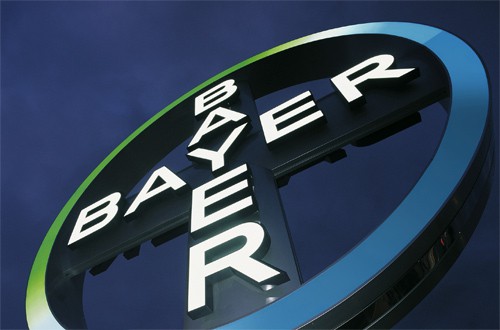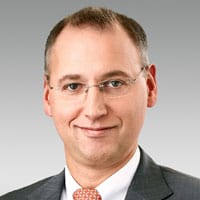
Bayer and Merck & Co/MSD raised some eyebrows three years ago when they started a phase 3 programme for chronic heart failure (CHF) candidate vericiguat, but the gamble seems to have paid off.
The first pivotal trial of the oral soluble guanylate cyclase (sGC) stimulator – VICTORIA – showed that vericiguat was able to reduce the risk of hospitalisation for heart failure or cardiovascular death compared to placebo in patients with worsening CHF.
The top-line readout suggests Merck and Bayer’s gamble on vericiguat looks like it may have paid off. In 2016 they opted to move ahead with the phase 3 trial despite mixed results in the phase 2 SOCRATES-REDUCED trial.
The big question now is just how much vericiguat reduced that compositive endpoint in the near 5,000-patient study, which involved patients with heart failure with reduced ejection fraction (HFrEF), characterised by a compromised ability of the heart to eject blood sufficiently.
If vericiguat can show a sufficiently large benefit on top of standard therapy it could open up a sizeable market opportunity, albeit potentially one that take some time to gather momentum – as witnessed by the slow take-up of Novartis’ Entresto (sacubitril/valsartan) after its launch for CHF in 2015.
Entresto entered the blockbuster category with sales of $1bn last year from its use in HFrEF, but Novartis’ hopes that it could enter the multibillion-dollar bracket took a knock in the summer when it fluffed a pivotal trial in heart failure with preserved ejection fraction (HFpEF) – which accounts for at least as many heart failure patients as HFrEF but currently has no approved therapies.
Bayer and Merck are also conducting a phase 2 trial of vericiguat in heart failure with preserved ejection fraction (HFpEF) which is scheduled for completion by the end of the year.
Another question for vericiguat is how it will stack up against SGLT2 inhibitors such as Boehringer Ingelheim/Eli Lilly’s Jardiance (empagliflozin) and AstraZeneca’s Farxiga (dapagliflozin).
These are starting to find a role in heart failure, initially to reduce risk in patients with type 2 diabetes but latterly also in CHF without diabetes.
 Bayer’s chief executive Werner Bauman (pictured left) said on the German company’s recent third-quarter results call that there is such an unmet need for new therapies in heart failure that there is room for “multiple different approaches”.
Bayer’s chief executive Werner Bauman (pictured left) said on the German company’s recent third-quarter results call that there is such an unmet need for new therapies in heart failure that there is room for “multiple different approaches”.
“We see our novel action mode with the opportunity to demonstrate value where others can’t go, for example in post-event patients or in patients with worsening heart failure,” he added.
At the moment there are no studies involving SGLT2 inhibitors that have competed in worsening heart failure, he suggested but added: “Let’s not get ahead of ourselves. This is a new class, and I’m keeping my fingers crossed that we actually establish a new class to be effective in the treatment of heart failure, which still let’s not forget is one of the primary killers worldwide overall.”
sGC stimulators are thought to work by correcting a dysfunctional nitric oxide signalling pathway seen in heart failure.The results of the VICTORIA study will be presented at an upcoming medical meeting in 2020, said Merck and Bayer.




